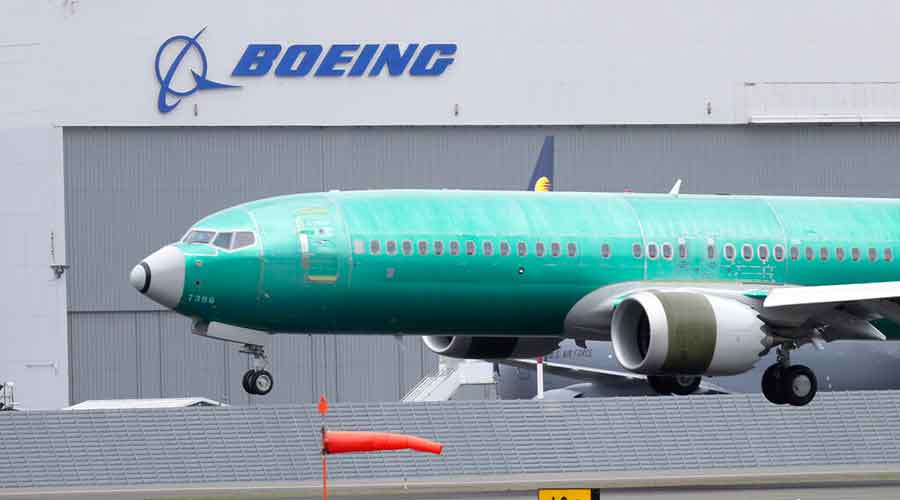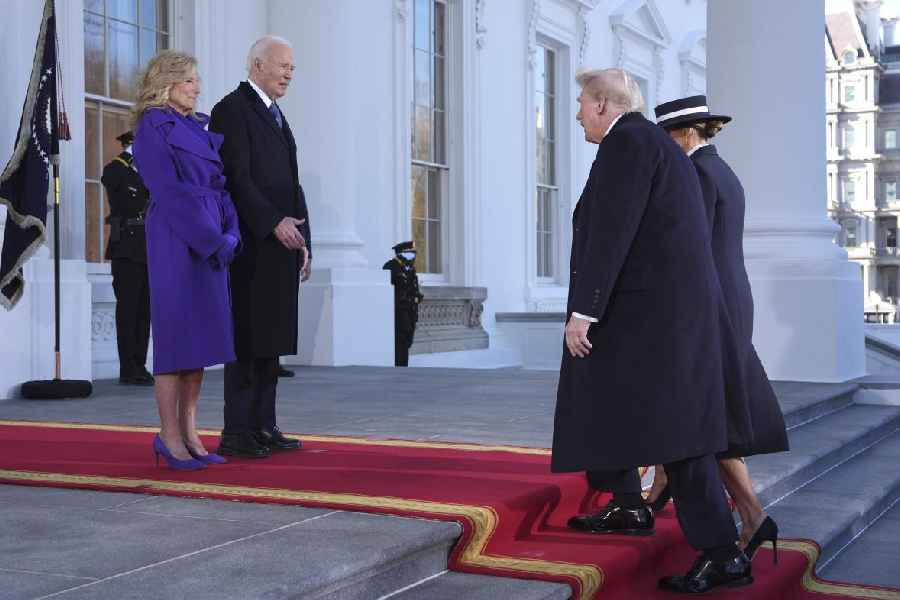Boeing Co said on Friday it would set up a facility in India to convert 737 passenger planes into dedicated freighters to tap into regional and global demand for the service.
The investment, which adds to the U.S. manufacturer's expansion into India on top of a record plane order by flag carrier Air India, comes despite a global economic slowdown that has weakened the global air cargo market.
The International Air Transport Association (IATA) said global cargo demand in January fell almost 15% year-on-year. Air freight rates are 28% below the levels seen at the same time last year, data provider WorldACD said on Thursday.
But in India growing e-commerce demand and manufacturing of smart phones and other electronics for domestic use and export is strengthening the outlook for freighters, Salil Gupte, Boeing's India president told reporters in New Delhi.
Gupte said there was demand to convert more than 1,700 passenger planes globally into freighters over the next 20 years, with about 600 coming from Asia.
"So it is only fitting that we have the capability to have a line to make those freighters here in India, not just for India, but for the region and for the world,” he said.
Boeing with partner GMR Aero Technic, an Indian maintenance, repair and overhaul provider, will over the next 18 months set up the facility in Hyderabad to convert old passenger planes into freighters.
The deal adds to Boeing's $1 billion supply chain sourcing from India and will help support India's ambitions to become a global cargo hub, Chief Strategy Officer Marc Allen told reporters in New Delhi.
He did provide any details about when the facility would be set up or the size of the investment. The planned facility comes amid a push by Boeing to expand in India, including a $24 million investment to set up a logistics centre for aircraft parts.
The slump in travel triggered by the COVID-19 pandemic triggered a record-breaking scramble to convert older passenger jets into freighters.
But analysts say that aircraft lessors could now be stuck with excess freighters, or be forced to cancel conversions, as cargo rates fall.











